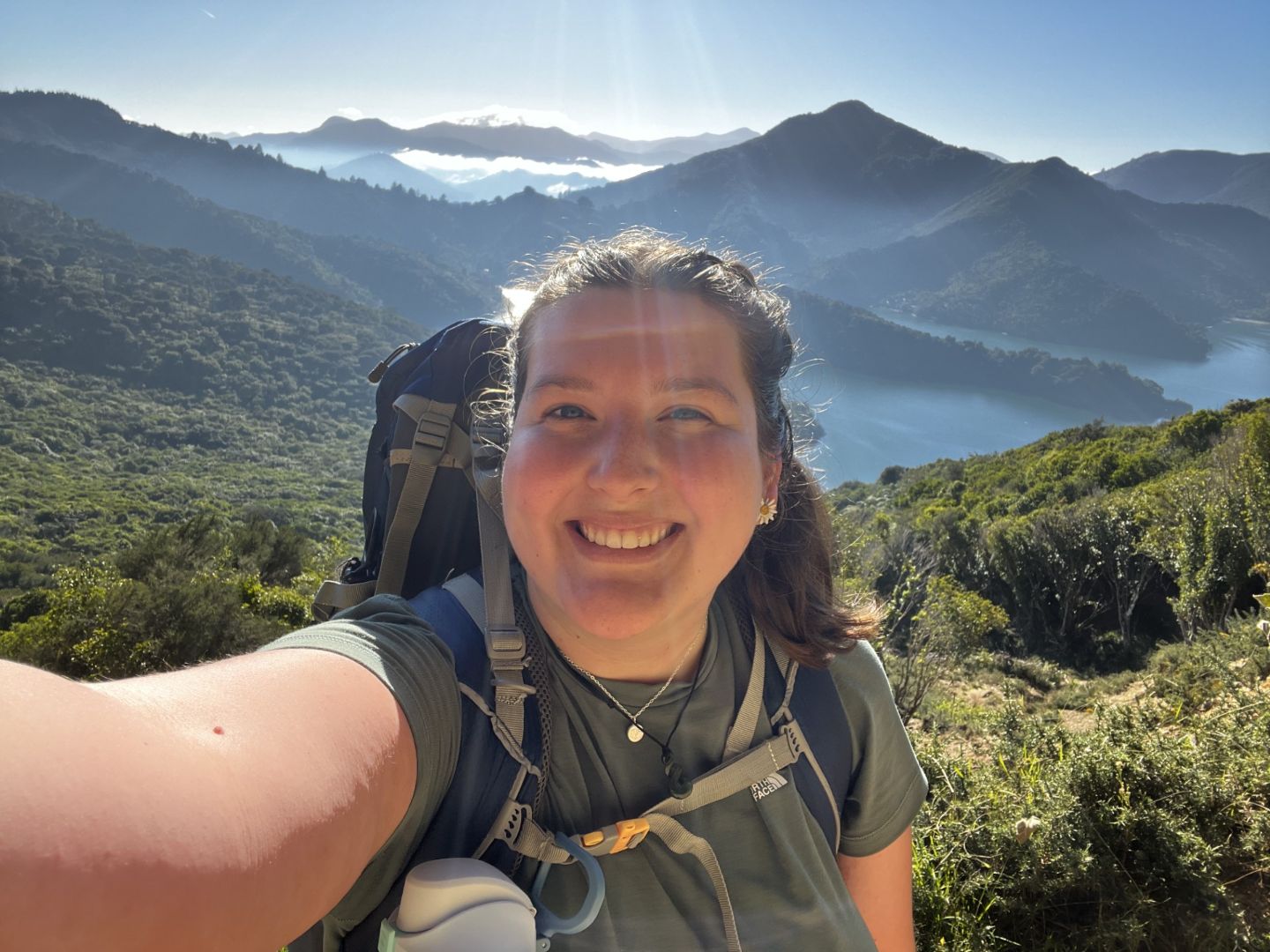This essay was written by Zoey Archbold in response to the 2025 Global Voices Essay Contest. Zoey was awarded first place for this entry.

I could easily surpass the word limit of this essay contest just by listing all the potential ways you could contribute to making positive change in the communities and world around you, so I’ll encourage you to finish looking into your options on your own time. Voting, volunteering, conscious consumerism, and calling your political representatives are just a few of the endless ideas to get you started. No matter which actions work for you to contribute to peace, I believe that taking initiative for the issues you care about means you are feeling the Spirit of History and therefore demonstrating empathy. Empathy gives people the ability to understand and share the feelings of others and a willingness to go beyond hearing the perspectives and hardships of others, but to put those feelings into action to make beneficial change.
With that said, as beautiful as it may be to feel such a strong empathetic care for people of all identities and circumstances, and every social justice issue, I’ve also felt the burden that those thoughts and feelings can carry. Living in a time during which the Spirit of History is pulling me in an opposite way than politics around me are leaning, I’ve often found myself feeling overwhelmed with a desire to solve all the world’s issues— even if that means carrying them all on my shoulders. This is why it’s imperative to be intentional about being a social justice advocate sustainably.
But how can we take action and stay educated on current events without burning ourselves out? How can we reroute energy spent worrying or despairing to be used in a way that feels more productive? I’ve found the answer to be community. Engaging with groups of people who are passionate about the same issues as me has done so much to keep me from feeling overwhelmed and isolated while working toward peace. Finding community in my friends and family, my cohort of intergroup dialogue facilitators from the Institute for Transformative Dialogue at Central Michigan University, and in my coworkers at the Central Sustainability office has been big for me to stay motivated in the pursuit of peace and social justice. It’s truly amazing the relief you can find in sharing your worries and thoughts about these issues with those close to you.
On the flip side, I’ve found it almost even more powerful to broaden my view by engaging with those whose values I relate to beyond my direct community. I’ve gotten the opportunity to participate in two large-scale nonviolent protest movements recently (or gotten into some “good trouble” as John Lewis would consider it) at a rally at Michigan’s capitol building in Lansing and in a march down the streets of Detroit. It’s hard to describe just how empowering attending protests has been for me. To walk around with my sign that reads: “no sign is big enough to list all the reasons I’m here,” and to look out to a group of people who are just as passionate as I am, has never failed to fulfill my need for a reminder that there are other people who care like I do.
I’ve had heart-to-hearts with old ladies telling me they hope that by the time I’m their age I won’t have to be out in the streets anymore, and chanted protests along with kids so young that their signs have misspelled words. I have marched among people using wheelchairs, strollers, and canes, and have received countless “fire-ups” from CMU alumni who noticed my maroon and gold sweatshirt. I’ve laughed at unique protest signs made by people who traveled hours to be there and have shared collective frustration about violence and injustice with people from all backgrounds. It’s so powerful to be in a space where everyone is committed to following the Spirit of History— no matter what their main social justice issue is and no matter their age, race, gender, sexuality, ability status, or other identity. The sense of community that’s so easily cultivated and the reassurance that I’m far from alone in the way that I feel has always made protesting worth it for me.
John Lewis spoke of the “Beloved Community,” an envisioned society built upon justice, equality, and love. I believe that this ideal is achievable for us in Michigan and beyond through intentional social justice initiatives. While peace isn’t passive, that doesn’t mean we have to burn ourselves out in endless conflict for the causes we care about. We can act against injustice in a manner that’s personally sustainable by finding communities of people that keep us motivated to follow the Spirit of History.